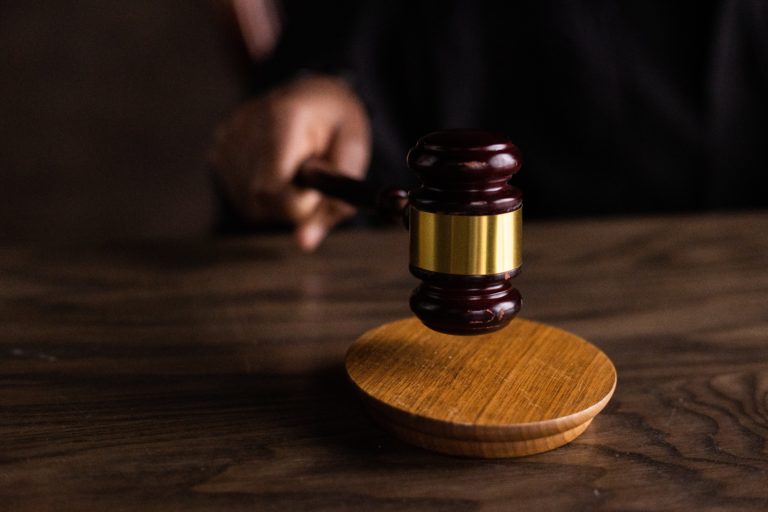In Florida, as long as the probate process has not been concluded, one of the parties involved may still have time to contest the decedent’s last will. However, contesting a will is not as simple as it seems, as doing so requires solid legal grounds.
In this article, you will find out the situations in which it is possible to contest a will in Florida.
How to Contest a Will in Florida – The Fundamentals
Under Florida law, there are only a few legal grounds for contesting a will. Also, it is crucial to note that not anyone can contest a will. To initiate a litigation process during probate, the plaintiff must have a legal standing – a legal right or interest in the probate proceeding.
Although the term may sound too broad, it generally limits the right to contest a will for the decedent’s beneficiaries, creditors, and heirs. Also, being disappointed with the provisions in a will is not sufficient for bringing a will contest before the court.
In this regard, it is essential to consider several factors when deciding whether one should file a will contest, including:
- the reasons for contesting the last will
- the chances of winning in court
- the amount of time and effort required in the process
- the expenses associated with litigation
If there are no legal grounds, the litigation may result in greater displeasure plus hefty costs to the losing party.
Contesting a Last Will in Florida – Feasible Legal Grounds
Lack of Capacity
As provided by Florida Statutes §732.501, “any person who is of sound mind and who is either 18 or more years of age or an emancipated minor may make a will.” If the testator (person making the will) does not meet the requirements, he/she “lacks testamentary capacity.”
In this context, testamentary capacity encompasses the testator’s ability to know the exact extent of his/her property, understand the process, and acknowledge who their beneficiaries/heirs are.
If the plaintiff can prove that the testator lacked testamentary capacity at the time he/she wrote the will, it is possible to file a lawsuit based on lack of capacity.
Undue Influence
Florida Statutes §732.5165 set out that “a will is void if the execution is procured by fraud, duress, mistake, or undue influence. Any part of the will is void if so procured, but the remainder of the will not so procured shall be valid if it is not invalid for other reasons.”
Plus, the same statute adds that “if the revocation of a will, or any part thereof, is procured by fraud, duress, mistake, or undue influence, such revocation is void.”
In short, undue influence refers to a situation in which someone who significantly benefits under the last will made the testator write or amend the document to obtain unfair advantage(s).
Therefore, the plaintiff must provide evidence that the testator was overwhelmed – mentally or emotionally – by the undue influencer.
Irregular Execution of Last Will
As provided by Florida Statutes §732.502, last wills in Florida must be in writing and signed by the testator in the presence of two witnesses. If the decedent’s last will subject to probate fails to comply with any of the legal formalities required by Florida law, it may be challenged for irregular execution.
Contesting a Will in Florida – Immediately Contact Your Florida Probate Lawyer
If you want to contest a will, sit down with an expert legal counselor to consider whether there are legal grounds to do so. Waste no time – call Attorneys Romy B. Jurado and Diana L. Collazos at (305) 921-0976 or email [email protected] to schedule a consultation.






